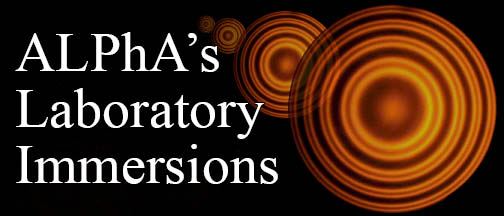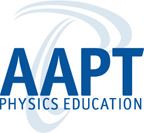- Home
- What We Do
- Laboratory Immersions
- Immersions 2020
- Imm2020CWU_Telescopes
Central Washington University – Ellensburg, Washington
Observational Astronomy Using Small Telescopes
Dates: July 30, 2020 to August 1, 2020
Number of setups available: 3
Maximum number of participants: 6
------------------------------------------------------------------------------------------------------------------------------------------
Observational astronomy measurements can serve a very meaningful (and, we think, often overlooked) role in meeting the learning outcomes of the upper division physics laboratory curriculum. In this immersion, participants will be introduced, primarily through hands-on exercises, to operation of small telescopes (aperture 0.2-0.4 m), CCD detectors, standard astronomical filters, image calibration, image reduction and analysis software, other astronomical software tools, and suggested projects. Following the introduction, participants will, in consultation with the mentor, execute and analyze either a differential photometry or an astrometry measurement. Participants will acquire skills setting up, aligning and focusing small telescopes, planning and executing night sky observations, and using FITS file data reduction software tools. The first day will be spent introducing participants to the telescopes and instruments used in observational astronomy as well as the process of planning observations. Depending on the weather we will make observations the first and/or second night of the immersion. The second and third days of the immersion will be spent reducing and analyzing our astronomical data. (In the event of bad weather during the immersion, previously collected data will be available.) Participants should bring a USB stick with several gigabytes of free space for data transfer. Closed toe shoes are required for observing as there are tripping hazards on the observing deck. The cost for the experimental setup varies broadly, but typical cost ranges for a small telescope and mount or tripod would be $2,000 - $20,000 and CCD detectors typically run $2,000 - $20,000.
Mentors: Cassandra Fallscheer and Michael Braunstein
Prof. Cassandra Fallscheer is CWU’s observatory director and has been teaching students to perform and analyze astronomical measurements for over five years. She has also mentored multiple undergraduate research projects focused on astronomical measurements.
Prof Michael Braunstein will assist. Prof. Braunstein has had primary responsibility for the CWU physics upper division electronics and advanced laboratory curriculum for more than twenty years and is an enthusiastic mentor of undergraduate research across a broad range of topics. He has benefited from participation in a number of ALPhA Immersions, ALPhA initiatives, and other physics advanced lab workshops.





